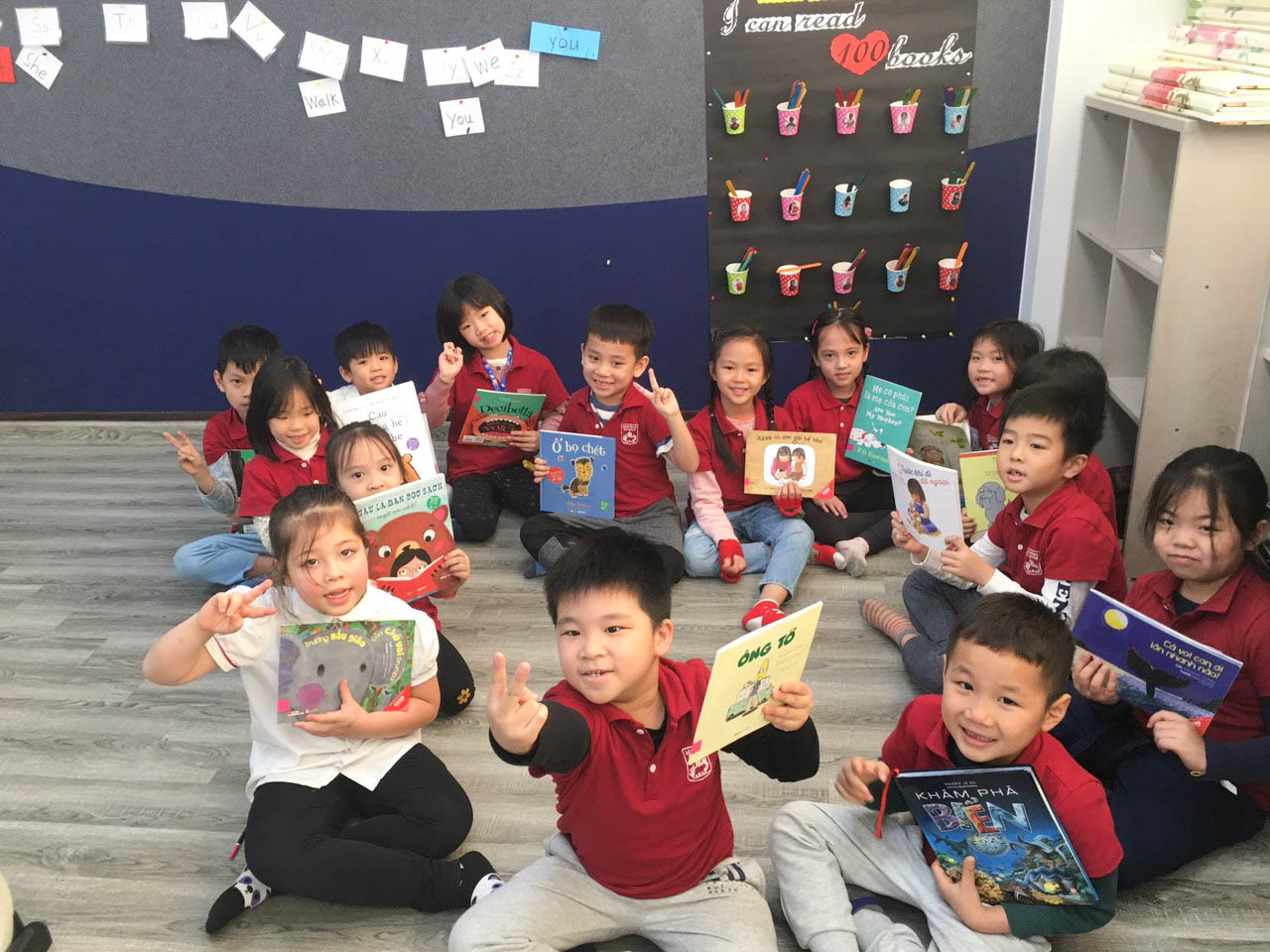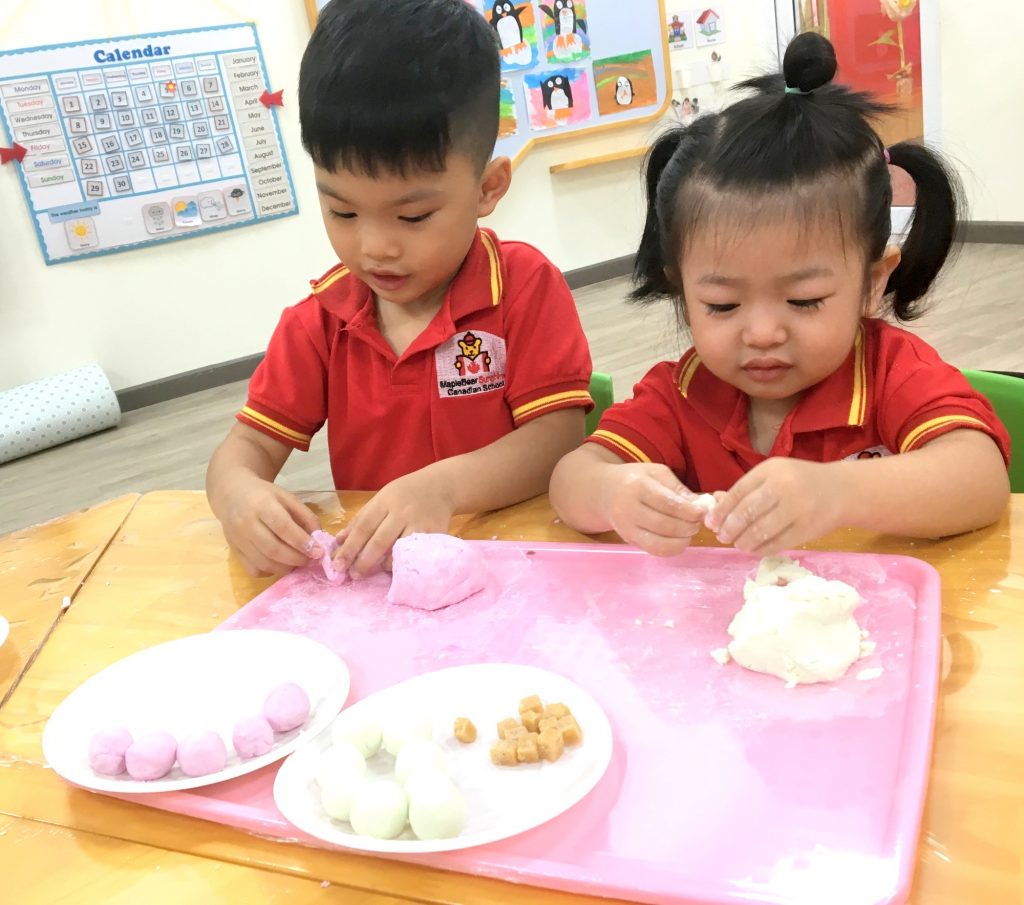In countries famous for the quality of training in the world, the joy and healthy development of children physically and mentally when going to school has become the ultimate goal in the educational philosophy..
According to a global study of student moods conducted by the OECD/PISA in 2015 of about 540,000 students in 72 countries, over the past decade, their happiness has declined dramatically. The main causes are: too many exams, bullying, social isolation or poor quality of life at home.
Finland: play early, learn late
In Finland – a country with a comprehensive school system, which has always been ranked as one of the highest quality education systems in Europe for the past 18 years, the foundation for children to learn well and always feel happy. Happiness at school is built many years before children officially go to school at the age of 7.
In preschools, there is no emphasis on math, reading or writing (only taught when they are 7 years old and start 1st grade).
Ms. Tiina Marjoniemi, director of the Franzenia Early Childhood Education Center, said: “We believe that children under 7 are not ready to learn. They need time to play and be physically active. It’s time for creativity.”

The first years of life with children in Finland are just about developing health and well-being. Preschools will teach children to develop good social habits such as learning to make friends and respect others, self-dressing and personal hygiene, and enriching language and communication skills.
Along with that is focusing on physical activity (at least 90 minutes of outdoor play every day). The Guardian newspaper quoted Finnish education expert Pasi Sahlberg: “Preschools in Finland are not intended to prepare children for formal education. Its main purpose is to ensure that children become happy and responsible citizens.”
Australia: positivity spreads
At Parkmore Primary School in Australia, over the past few years during lunchtime, instead of students competing with their teachers for some bad behavior by their friends, they started talking about good things. observed in your friend’s behavior.
Parkmore is one of many schools in 13 countries that have been implementing the Positive Detective program. The purpose of the program is to teach children how to look for the good things around and share that with others.
Ms. Lea Waters, one of the two program developers, said the purpose of the program is to teach children how to focus on the subject during class, but also to recognize the emotional/thought aspects. negative, from which it can be controlled and changed.
Children also develop experiences such as gratitude, cultivate confidence in their own abilities, learn how to share positive stories to increase positive emotions.
According to Ms. Lea, not only at school, the learning program also includes that children will bring those joys and positive stories home to share with their parents, write thank you letters and look for positive things in school. family activities. Since then, many parents have told about happy and warm conversations over the family dinner tray thanks to the results from the study program.
A study published in November 2017 in the Review of Educational Research after evaluating the results of 15 years of research on the role of a positive educational environment confirmed: a happy school can be greatly compensate for the negative effects of material deprivation.
More subjects of happiness in Delhi, India
Since the middle of this year, schools in the Indian capital Delhi have added a “happiness” subject besides math, literature, physics, chemistry… to enhance mental health and make students happy. than. Accordingly, depending on their age, each day they will learn to meditate for 30-45 minutes.
During that class, the teacher will guide the children to close their eyes, focus on listening to their body, their breath, listen to all the surrounding sounds and distinguish clearly each type of sound in them.
According to Youth
 EN
EN  VN
VN EN
EN




Comments are closed.